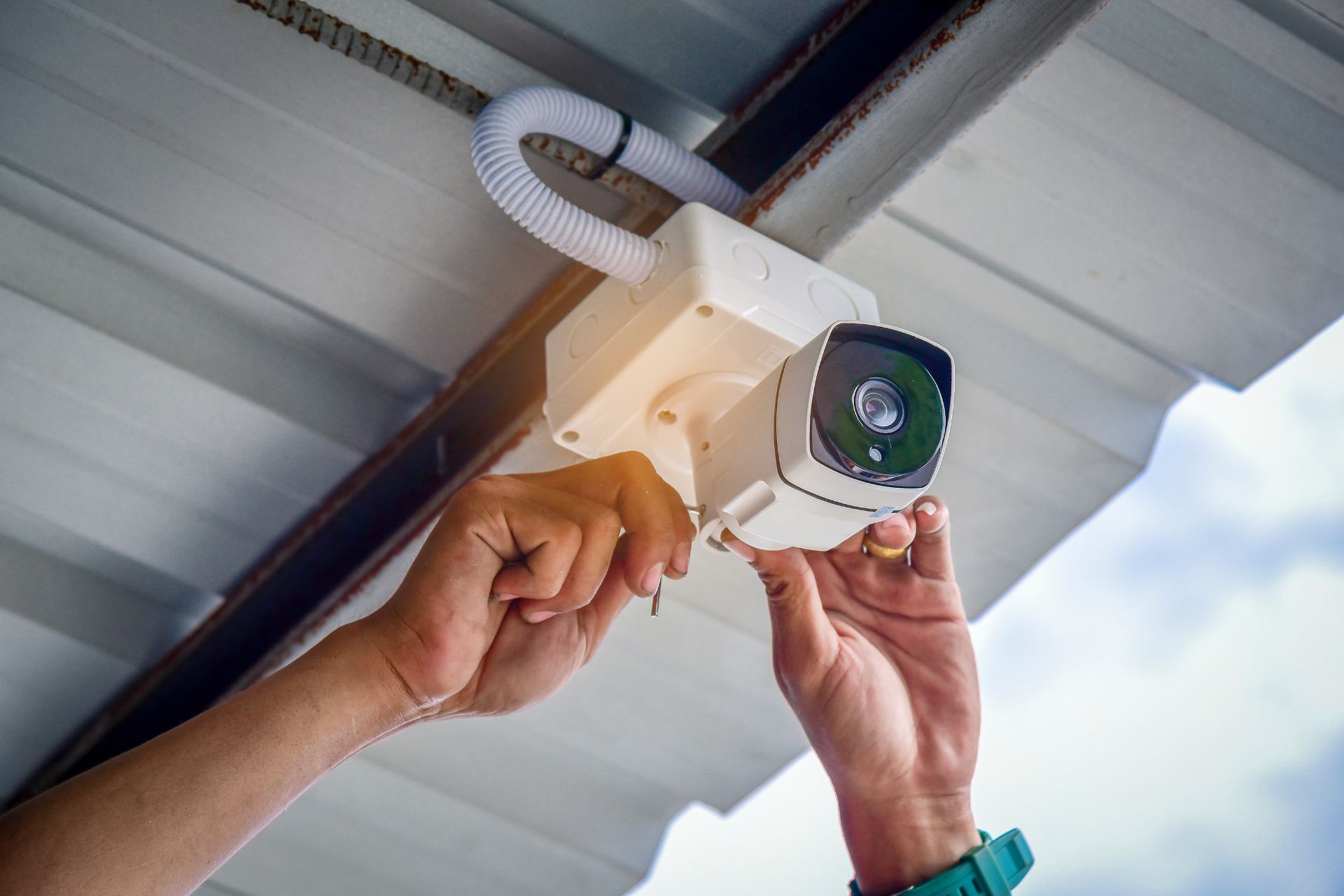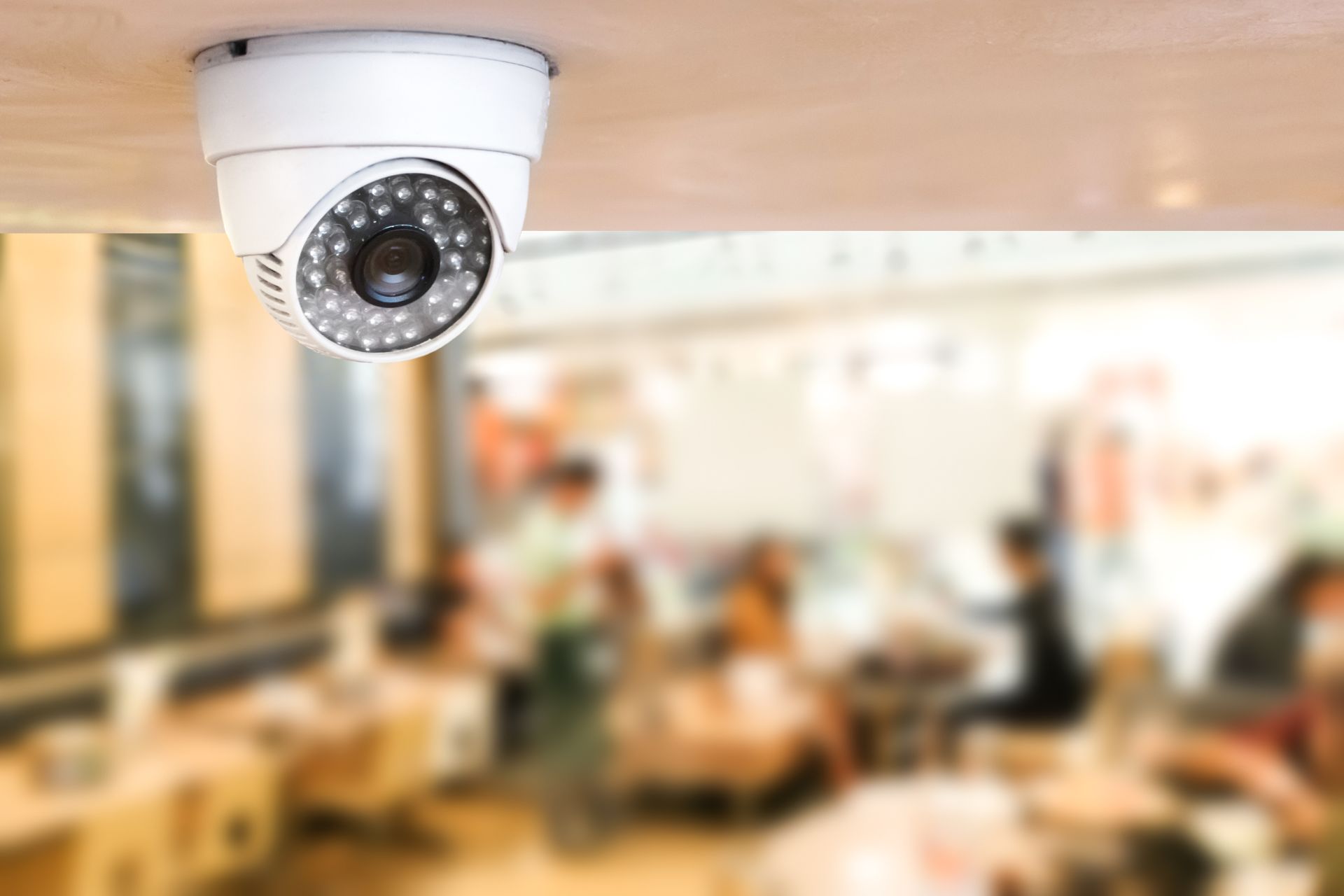Frequently Asked Questions
Hiring a professional installer for business CCTV systems offers numerous advantages over DIY installation, particularly in terms of expertise, efficiency, and long-term reliability. Professional installers possess specialized knowledge in surveillance technology, including camera placement, network configuration, and integration with existing security systems, ensuring optimal coverage and functionality. They are adept at navigating complex wiring and connectivity issues, which can be daunting for those without technical experience. Furthermore, professional installation often includes a comprehensive assessment of the premises, allowing for tailored solutions that address specific security vulnerabilities. This level of customization enhances the effectiveness of the CCTV system, providing superior image quality and advanced features such as remote monitoring and motion detection. Additionally, professional installers typically offer warranties and ongoing support, which can significantly reduce maintenance costs and downtime. In contrast, DIY installation may lead to improper setup, potential blind spots, and increased susceptibility to tampering, ultimately compromising the security of the business. Thus, the investment in professional installation not only ensures a robust and reliable surveillance system but also contributes to peace of mind for business owners.
Professional installation of CCTV equipment significantly influences both the warranty and maintenance aspects of the system. When a certified technician performs the installation, it often ensures compliance with manufacturer specifications, which is crucial for maintaining the validity of the warranty. Many manufacturers stipulate that improper installation can void the warranty, making professional installation a critical factor in safeguarding the investment. Furthermore, professional installers typically provide a comprehensive setup that includes optimal camera placement, proper wiring, and integration with existing security systems, which enhances the overall functionality and longevity of the equipment. This meticulous approach not only minimizes the risk of technical issues but also facilitates easier maintenance and troubleshooting, as professionals are familiar with the specific configurations and potential vulnerabilities of the installed system. Consequently, the combination of expert installation and ongoing support can lead to improved performance, reduced downtime, and a more reliable surveillance solution, ultimately contributing to the long-term effectiveness of the CCTV system.
A professional installer of business CCTV systems should possess a range of specific certifications to ensure expertise in surveillance technology, installation practices, and compliance with industry standards. Key certifications include the Electronic Security Association (ESA) Certified Alarm Technician Level I, which covers foundational knowledge in alarm systems and CCTV installation. Additionally, the Security Industry Association (SIA) offers the Certified Security Project Manager (CSPM) credential, emphasizing project management skills in security system deployment. The Certified Information Systems Security Professional (CISSP) certification is also beneficial, as it provides a comprehensive understanding of information security principles that are crucial for protecting video surveillance data. Furthermore, installers should consider obtaining manufacturer-specific certifications from leading CCTV equipment providers, such as Axis Communications or Hikvision, to demonstrate proficiency in their products. Knowledge of local regulations and standards, such as the National Electrical Code (NEC) and the General Data Protection Regulation (GDPR), is essential for ensuring compliance and ethical installation practices. Collectively, these certifications and knowledge areas equip professional installers with the necessary skills to design, implement, and maintain effective and secure CCTV systems for businesses.
Professional installation of surveillance cameras is crucial for ensuring optimal camera placement and comprehensive coverage for a business, as it involves a meticulous assessment of the premises to identify high-risk areas, blind spots, and critical access points. Expert technicians utilize advanced tools and techniques, such as site surveys and risk assessments, to determine the most effective angles and heights for camera positioning, thereby maximizing field of view and minimizing obstructions. They also consider factors like lighting conditions, potential environmental interferences, and the specific security needs of the business, which may include monitoring entry and exit points, parking lots, and sensitive areas like server rooms or cash handling zones. By implementing a strategic layout of both fixed and PTZ (pan-tilt-zoom) cameras, professional installers can enhance the overall security infrastructure, ensuring that every corner of the property is adequately monitored, which not only deters criminal activity but also aids in incident resolution through high-quality video evidence.
Common mistakes made during DIY installation of business CCTV systems often stem from a lack of technical expertise and understanding of optimal surveillance practices. Many individuals overlook critical factors such as camera placement, resulting in blind spots that compromise security coverage. Inadequate attention to lighting conditions can lead to poor image quality, particularly in low-light environments, while improper wiring techniques may cause signal loss or interference, affecting the system's reliability. Additionally, failing to configure the digital video recorder (DVR) or network video recorder (NVR) settings correctly can hinder video storage and retrieval capabilities. Professionals are adept at conducting thorough site assessments, ensuring that cameras are strategically positioned to maximize field of view and minimize obstructions. They also understand the importance of using high-quality cables and connectors to maintain signal integrity, as well as implementing robust cybersecurity measures to protect against unauthorized access. By avoiding these pitfalls, professionals ensure that the CCTV system operates efficiently and effectively, providing comprehensive surveillance for business premises.

